In order to develop the outcomes we want, we need to develop the team creating them. We will develop as a team in 3 dimensions:
1. Teams are more impactful
DEIJ work is inherently disruptive, and it is unrealistic (and unfair) to expect individuals to initiate the work on their own. We need teams of people who trust each other to call each other in and out, who speak the same DEIJ language and are committed to moving towards the same vision, who can support each other when things get hard, and who have the solidarity needed to sustain when there is pushback to our work. DEIJ is about connection and community, and that’s what a healthy, well-designed team exemplifies.


2. Teams can embody a DEIJ culture.
Starting DEIJ work at the organizational level can be overwhelming. It takes time and effort to build DEIJ into the large-scale culture of the organization. By investing in the DEIJ development of a small team first, we can transparently practice and model this culture for the larger organization. And when a team with a DEIJ culture develops a racial justice plan, they are to pull from their own experience to design and prioritize strategies that can expand the culture across the organization. Our teams follow the mantra: we build it here, so we know how to build it everywhere.
3. Teams can practice and hone their DIJ skills.
The success of any DEIJ strategic plan depends on the DEIJ skills of the people developing it. If we want a plan that centers BIPOC voices, then we need a team of people who know how to safely elicit that input from BIPOC stakeholders. If we want a plan that changes policies and procedures, then we need a team of people who know how to examine policies for biases. If we want a plan that supports the growth edges of all our staff in DEIJ, then we need a team of people who can compassionately learn from and guide each other. The DEIJ-skills of the team determine the DEIJ-impact of the plan.
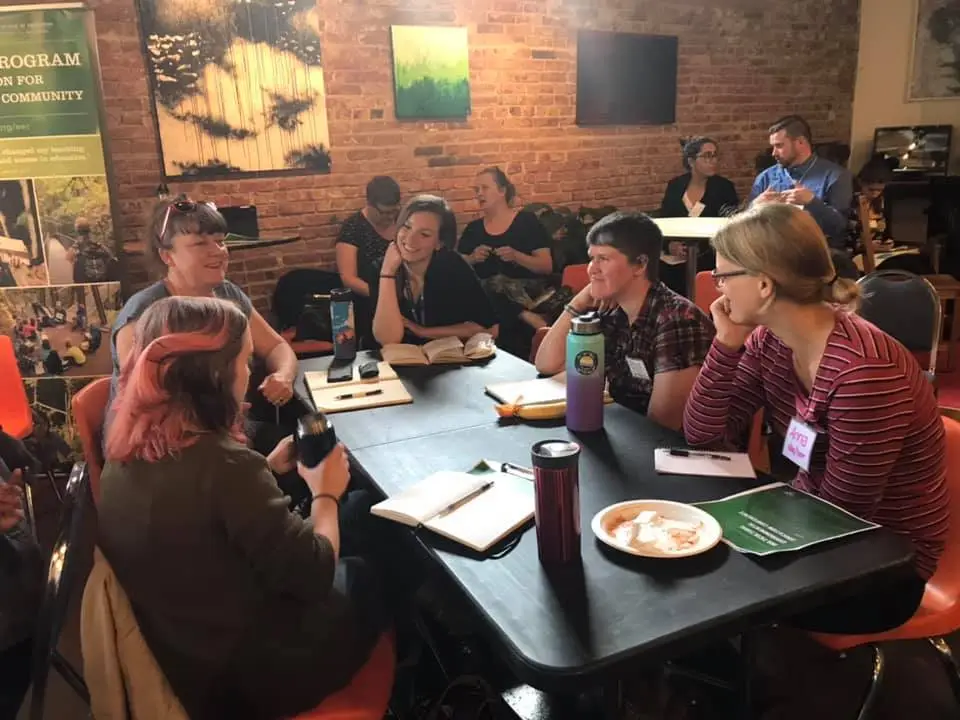
Creating a healthy DEIJ team is achievable, but it takes commitment and effort.
Impactful teams are made up of people who trust each other, scale responsibility and accountability across power, call each other in and out, and mitigate, navigate, and mediate conflict. This allows them to sustainably and collaboratively advocate for DEIJ in their organization.
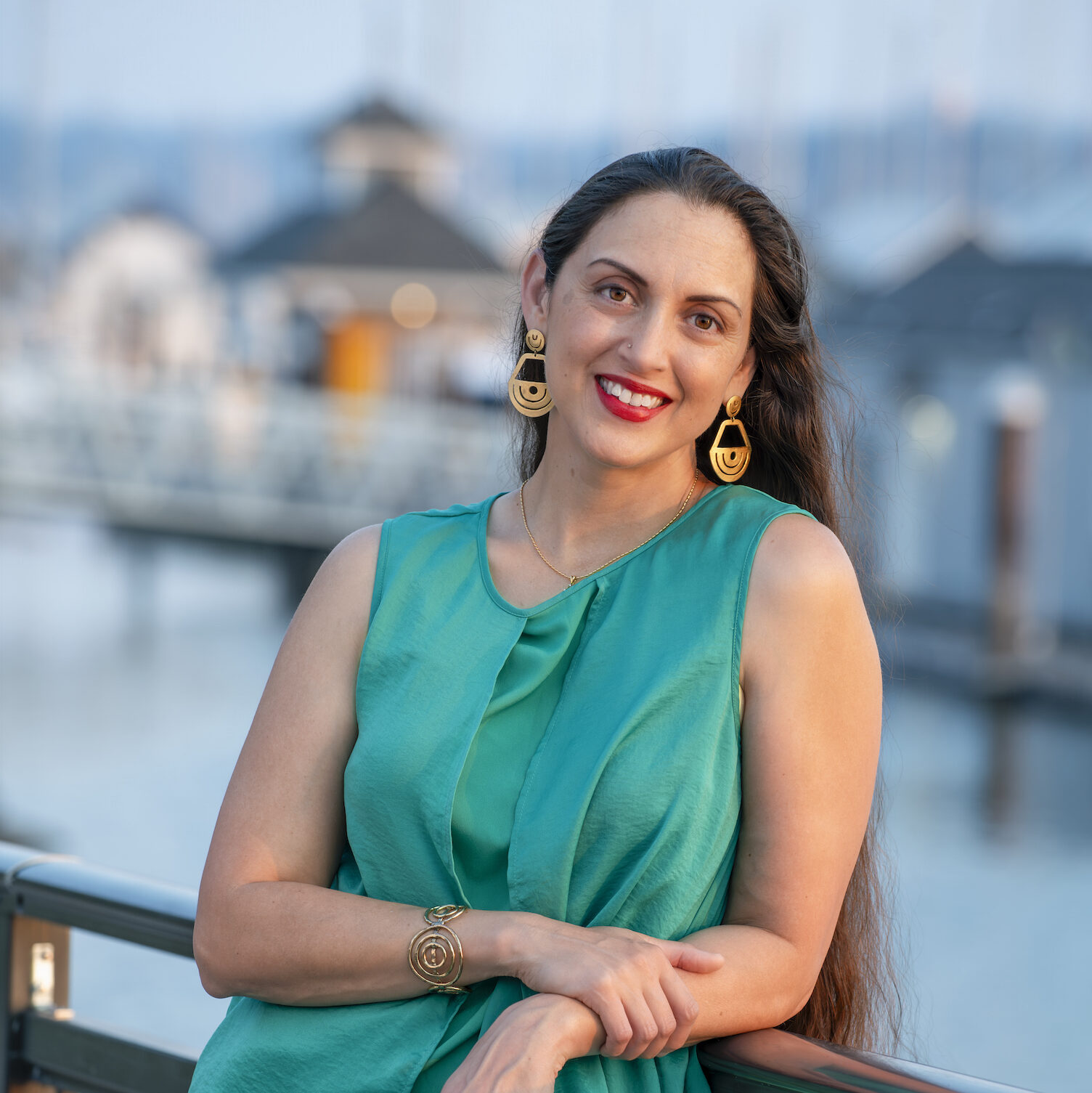
“Sapna’s guidance and oversight for our team development and the goal-setting process has been crucial towards our success. The thorough research and well-facilitated training sessions put us on a course towards achieving our long-term equity goals.”
— Nikki Wolf | King Conservation District
Phase I: Form and Norm the Working Group
Develop an intentionally-designed working group.
- Clarify the team’s form and function through a racial justice lens.
- Engage in reflective activities to build trust and solidarity.
- Learn from challenging resources that center and amplify the voices of Black, Indigenous, and People of Color (BIPOC).
- Practice identifying and addressing issues such as positional power dynamics and racial identities.
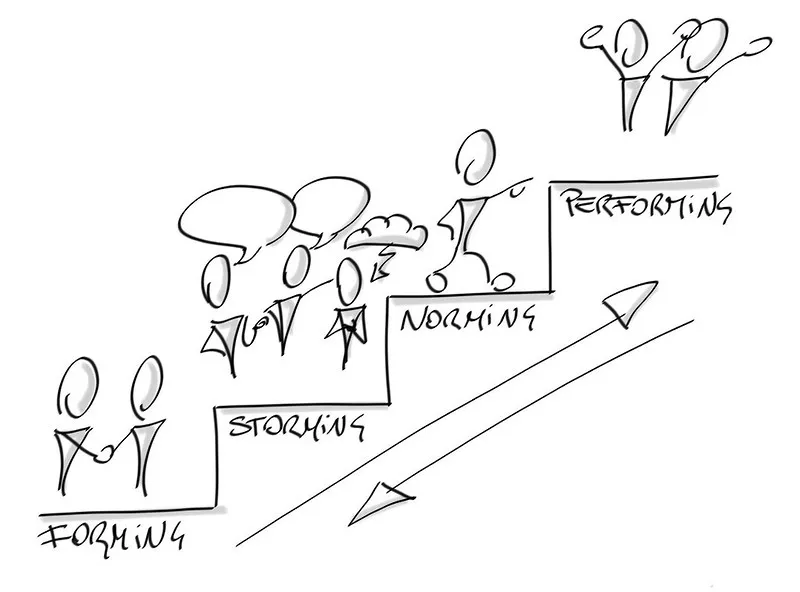
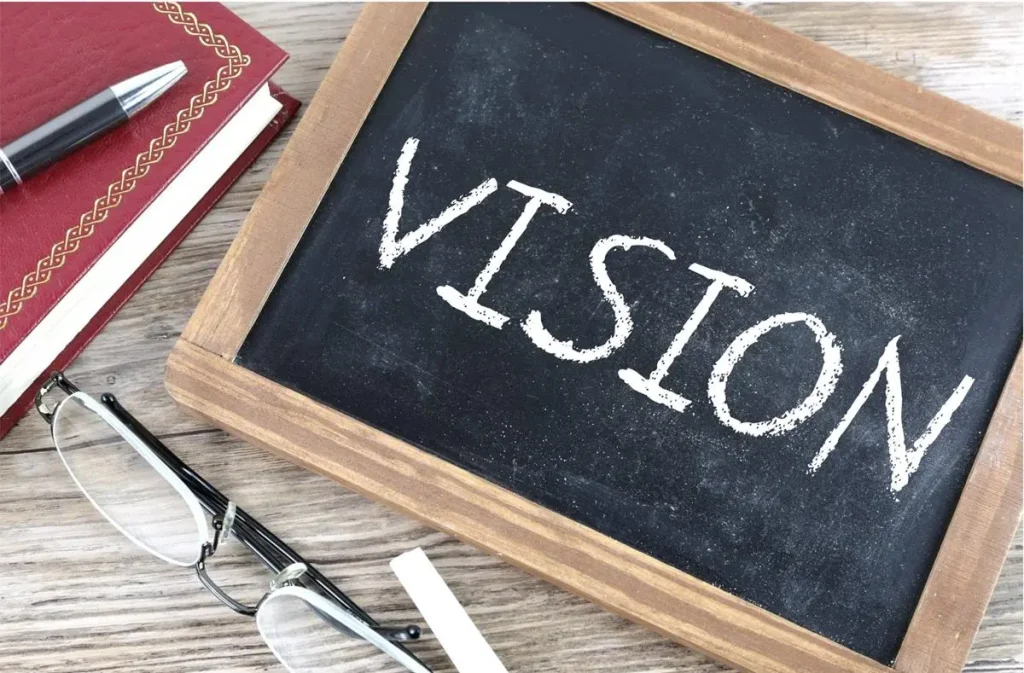
Phase II: Establish The REDI© Vision
Foster an understanding of a Racially Equitable, Diverse, and Inclusive [REDI] culture.
- Examine and clarify what a REDI culture means to the team and organization.
- Examine hard but critical questions and triangulate answers that center BIPOC voices.
- Consciously determine the practices within the working group to support a REDI culture.
- Identify and advocate for sustained and equitable resourcing of the working group itself.
Phase III: Prioritize and Plan
Create a work plan that brings the REDI Vision to life.
- Develop and administer a Key Stakeholder Assessment for both internal and external BIPOC stakeholders.
- Develop and apply a racially equitable decision-making process.
- Prioritize activities to determine necessary steps according to the equity impact, lift, and urgency of each step.
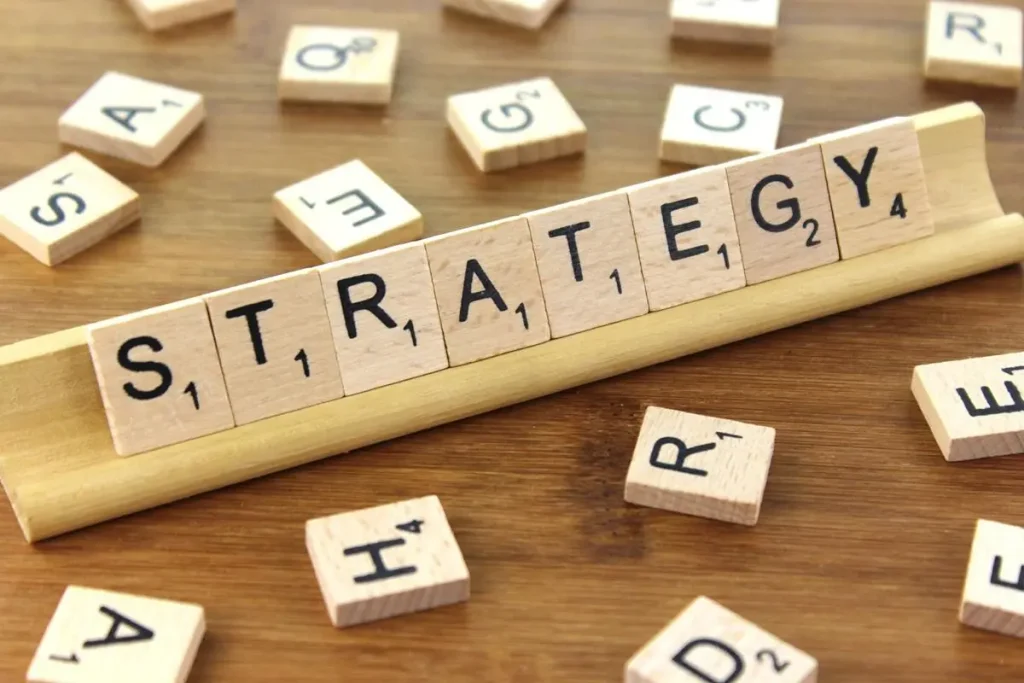
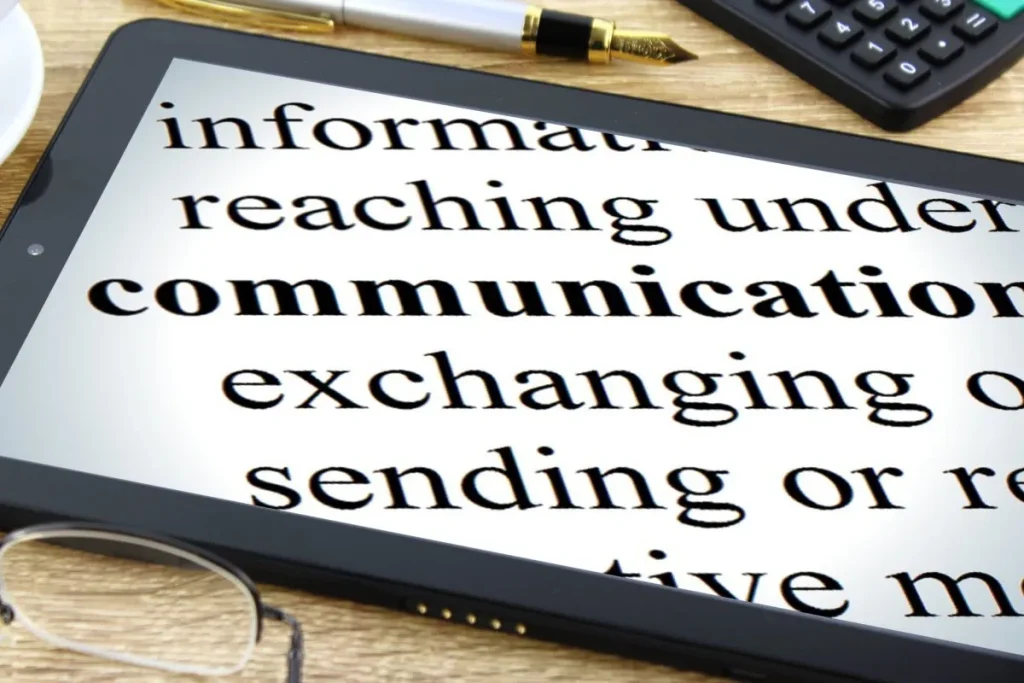
Phase IV: Share and Implement
Communicate the plan and ripple into the organization.
- Communicate plans and priorities to senior leadership, staff, and key stakeholders for input and approval.
- Work with leaders and departments to implement the plan and build a REDI workplace culture over time.
- Identify strategies and meeting structures to transition the team away from consultant-led to self-directed.
“Sapna approaches our team meetings with intentionality, a clear path and goals. She brings energy, humor, kindness, and grace to every meeting, and inspires us to do the same. She engages and challenges us to center and amplify the voices of people of color and womxn, build trust within our group, expand our knowledge base, and make equitable decisions. I can honestly say that we wouldn’t even know where to begin without her guidance.
— Mari Otto, Geotechnical Engineer | Aspect Consulting, LLC
Coaching for Womxn of Color
An area of pure joy for me is supporting womxn of color to find their passion and thrive in their work. As a coach, I understand that the answers to your questions are inside you; I’m here to help you uncover and hone them into strategies that get you to where you want to go. From navigating conflict to examining power dynamics to processing imposter syndrome, we will work through it all with grace, compassion, and the strength of our ancestors. Contact me for more information about how we can begin our 1:1 journey together through regular coaching.
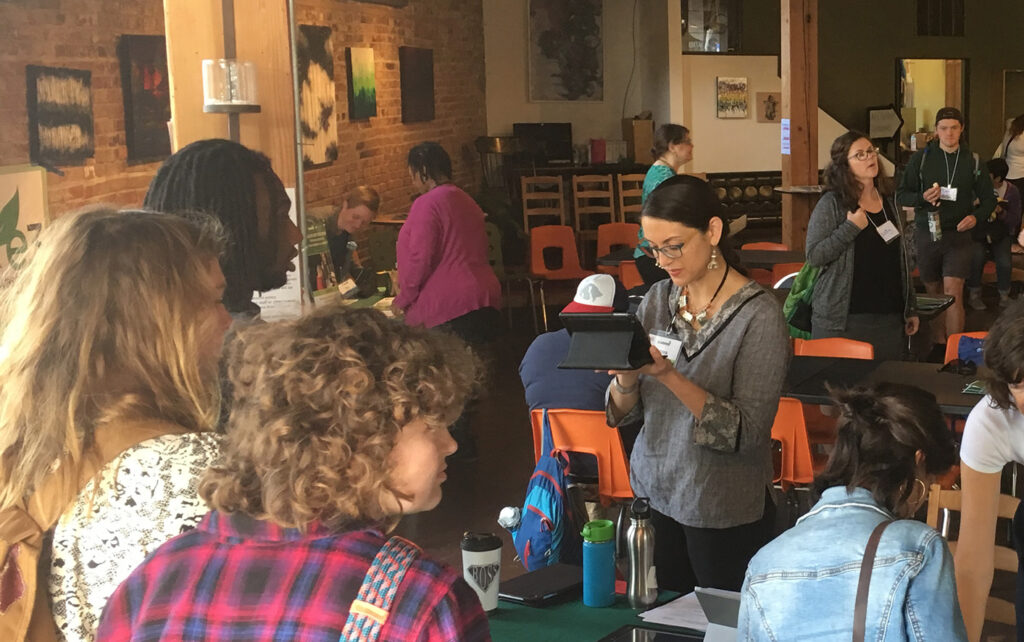
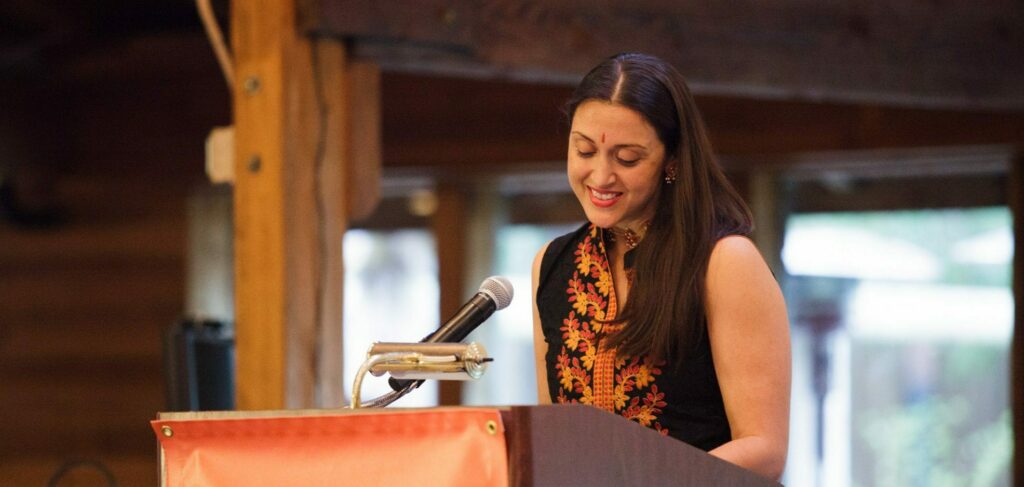
Speaking
I am available for trainings, keynotes, interviews, panels, and more. As a trained educator, I provide highly scaffolded and interactive experiences supported by diverse resources specifically designed for each audience. Contact me for more information, availability, and pricing structures.
“QUOTE COMING SOON”
— Mei
Your organization’s journey begins now.
Building a functional and collaborative team starts the moment you say yes. Sapna Strategies is ready. Are you?

